A number of professors at Boston University said they have the academic freedom to profess their political beliefs, but need to act responsibly in how they address the topic to students.
“Everyone that teaches at BU is granted an excessive amount of academic freedom,” said College of Communication professor Donald Wright. “What is important with that academic freedom is that we be responsible in managing that ourselves.”
Taylor Boas, political science professor in the College of Arts and Sciences, said there is a delicate balance between expressing political beliefs for a purpose and campaigning for the candidate in the classroom.
“Students take my courses because they’re interested in politics,” he said. “If you try to teach a course that is as apolitical as possible, it can be dry and uninteresting. At the same time, you have to be very, very careful about abusing the position of power and authority you have as a professor.”
Professor Patricia Cortes, who teaches in the School of Management, said it is acceptable for professors to explain their political beliefs as long as it is not for the purpose of changing their students’ minds.
“It depends what you say and with what purpose you say it,” Cortes said. “If [my students] ask me, I would tell them what I think about something, but I wouldn’t try to convince them of having my same views.”
Wright said there are certain aspects of the current election season that do have a place in the classroom. For example, some of the issues with the election have a lot of teaching potential in the public relations courses he teaches in COM, he said.
“If I were to bring them up, I would bring them up in a neutral way, not in a way of identifying which person I am supportive of because I think it’s wrong for a faculty member to promote a particular candidate,” Wright said.
Students often think their grades will be impacted if they disagree with what the professor thinks, even though that is not usually the case, Boas said.
“It’s a relationship you have to be careful not to abuse,” he said. “I try to be very careful to provide examples from both sides of the political aisle.”
Students have often formed their own strong beliefs by this point in their live, Boas said.
“I don’t think I’m lecturing to people who could be manipulated by their professor’s opinions,” he said.
Roberta Clarke, an SMG professor, said it is not a professor’s job to talk about herself. It is a professor’s job to bring up the issues and prepare the students to make decisions for themselves, she said.
“We are there primarily to educate,” Clarke said. “We raise questions to prepare the students for jobs and teach them to think about situations before making decisions. That makes people into more reasoned, thoughtful individuals in whatever they do.”
A mathematics professor at a Florida community college is being investigated for allegedly urging her students to support President Obama and distributing material about Obama’s campaign to them, according to The Chronicle of Higher Education on Sept. 18.
Though BU does not have a rule against professors expressing their political beliefs, students said they have not experienced problems.
“I’ve never had a professor that did that,” said Briana Toegemann, a sophomore in the Sargent College of Health and Rehabilitation Sciences. “I don’t think it’s a good thing for professors to be able to announce their political opinions because I feel it would try to bias the students.”
Natasha Oramas, a senior in CAS, said her professor has been adamant about remaining bipartisan.
“He makes sure he does not give away his beliefs,” she said. “I’ve tried to guess a few times but I really can’t tell.”
Class is not the appropriate place for professors to express their political beliefs, students said.
“Students have to attend for credit and they don’t want to be forced to sit there and listen to someone’s beliefs,” Toegemann said.
Students worry that their grades might be affected if politics enter the classroom, Oramas said.
“I feel like a professor might grade harsher subconsciously if they knew a student’s biases,” she said. “But I haven’t seen it be an issue.”
Jana Levin, a junior in COM, said if professors addressed the topic of political affiliations, it might create an awkward situation in the learning environment.
“It’s not fair for professors to influence their students in that way,” she said. “They’re there to teach students how to make their own decisions.”
























































































































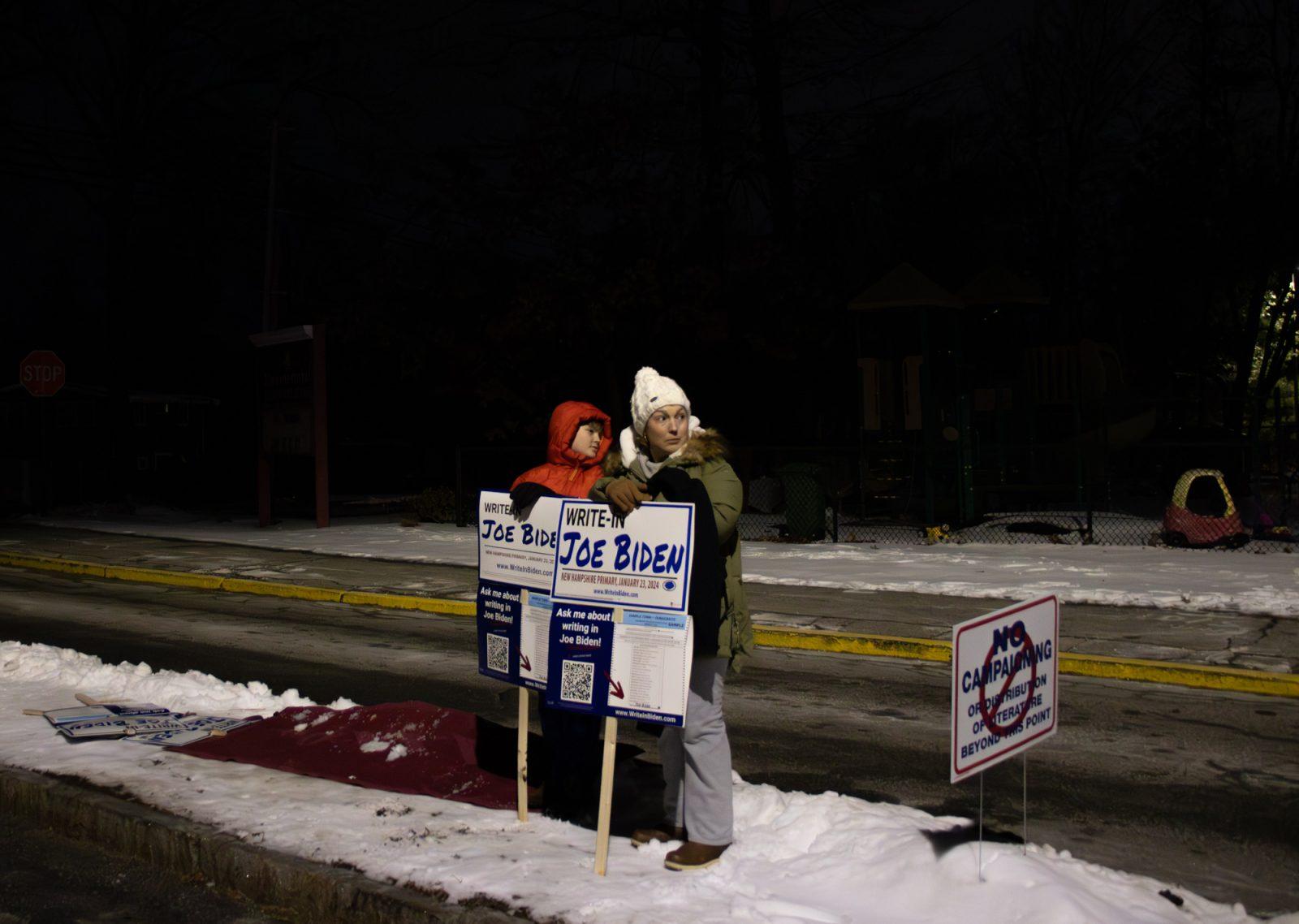
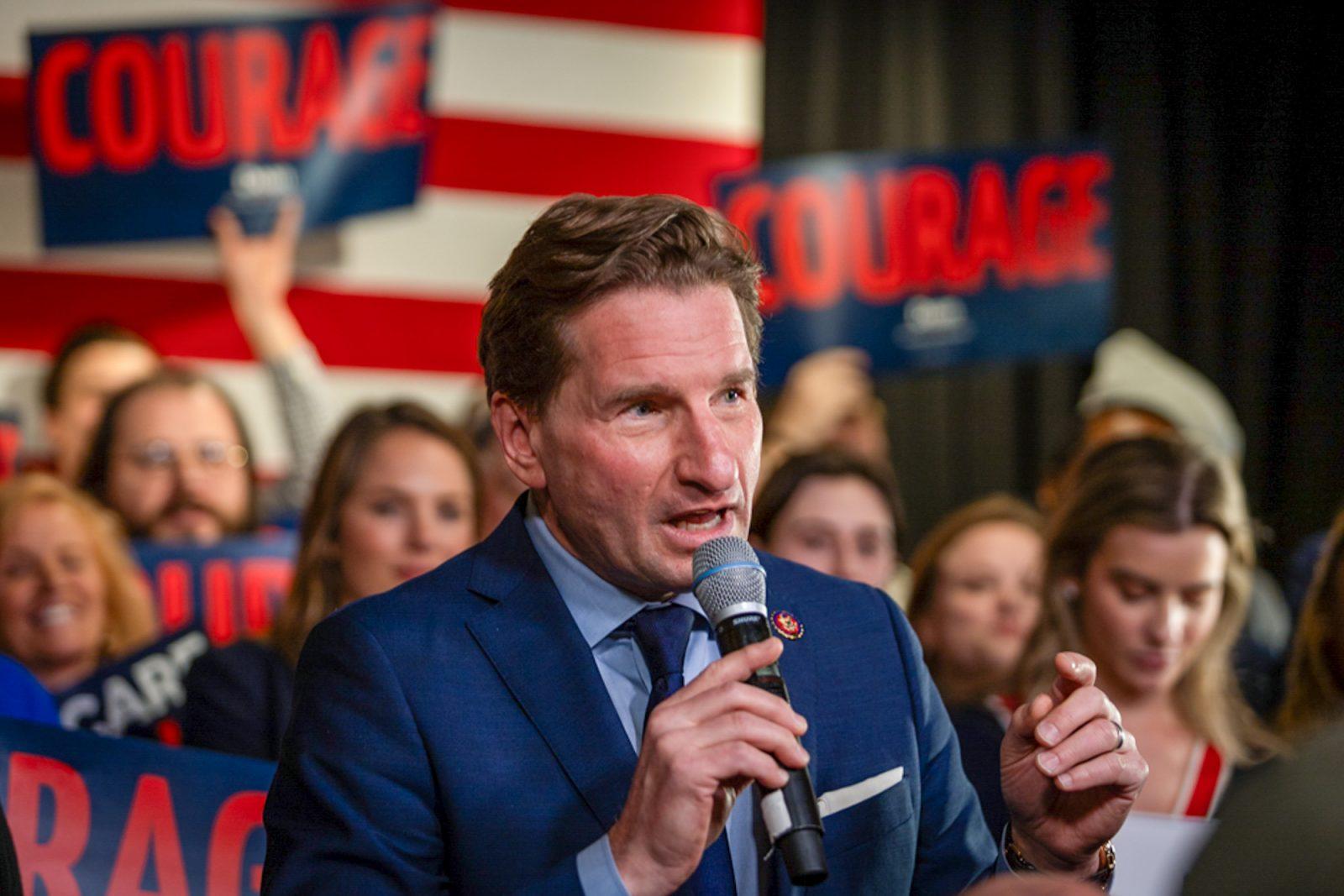
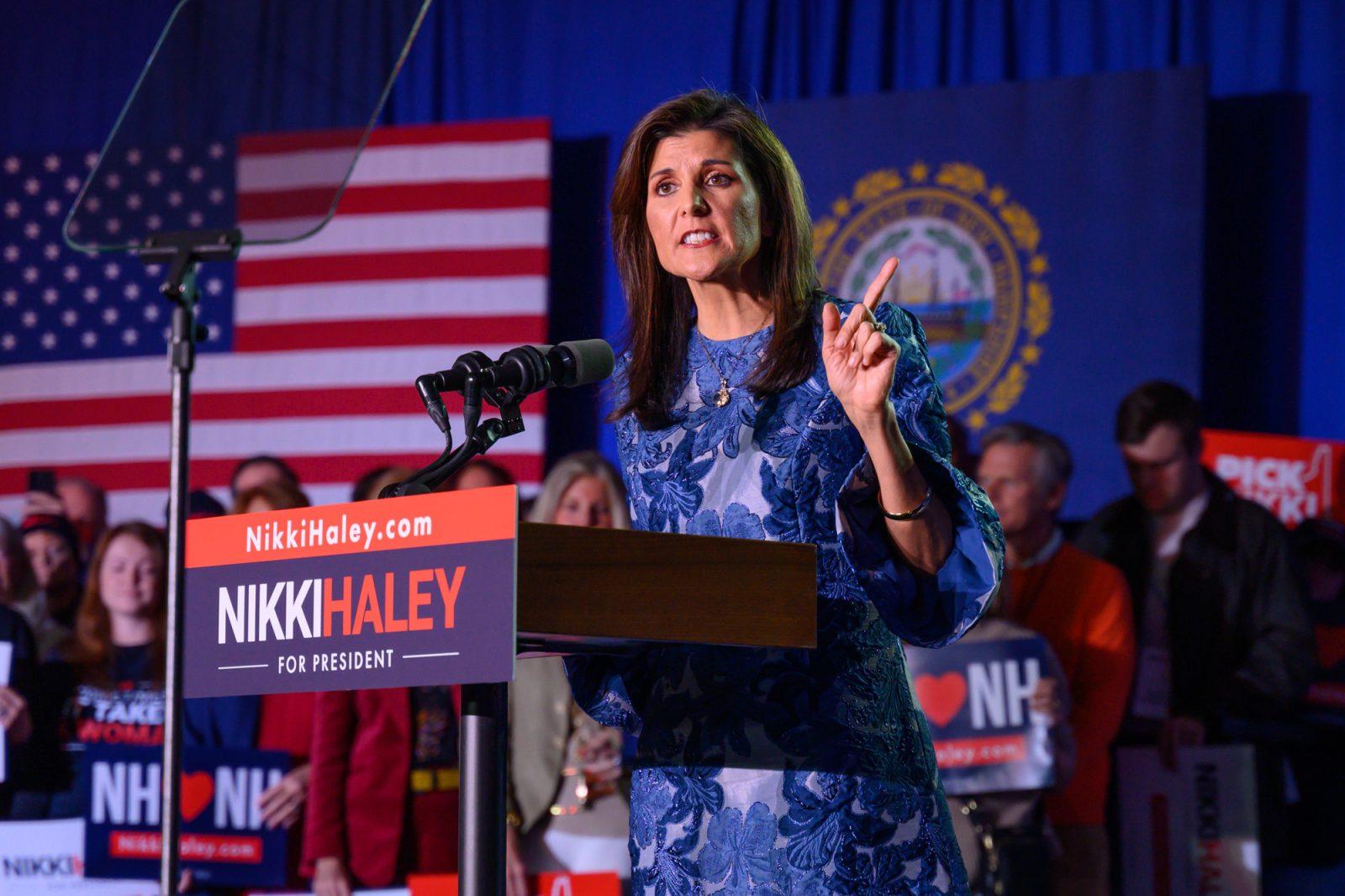
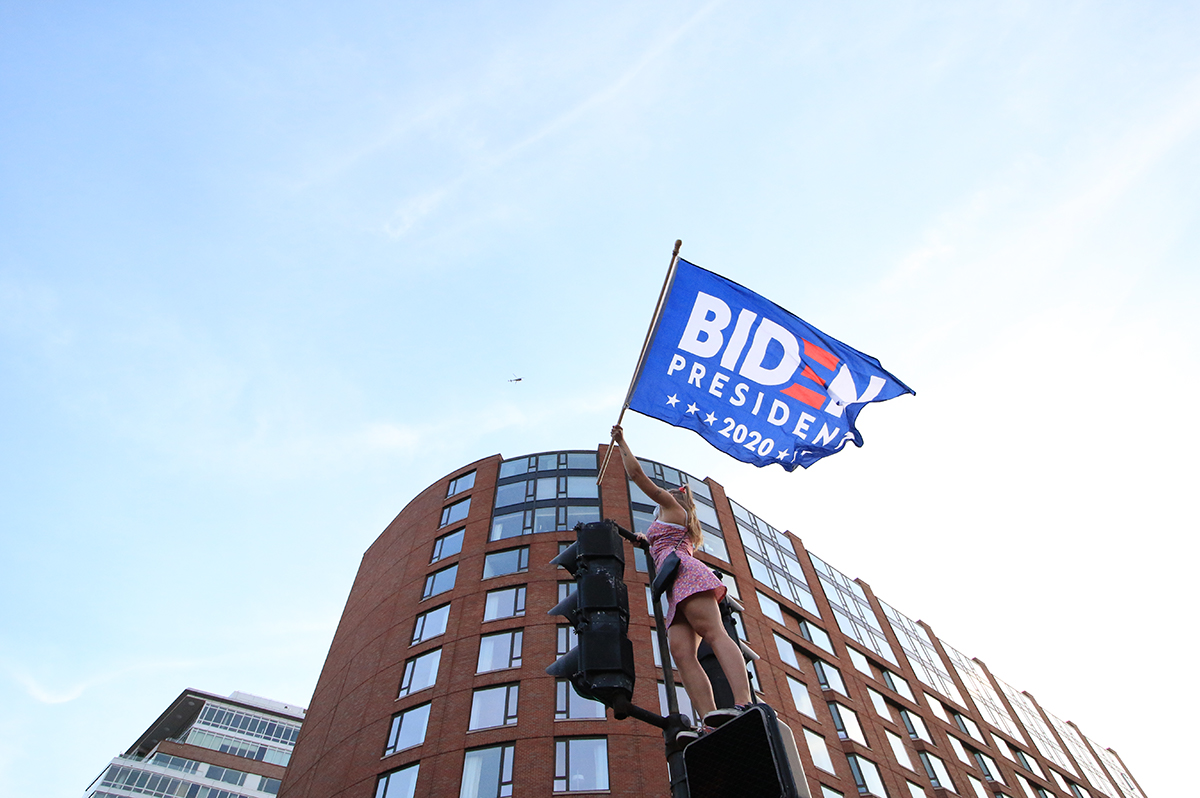
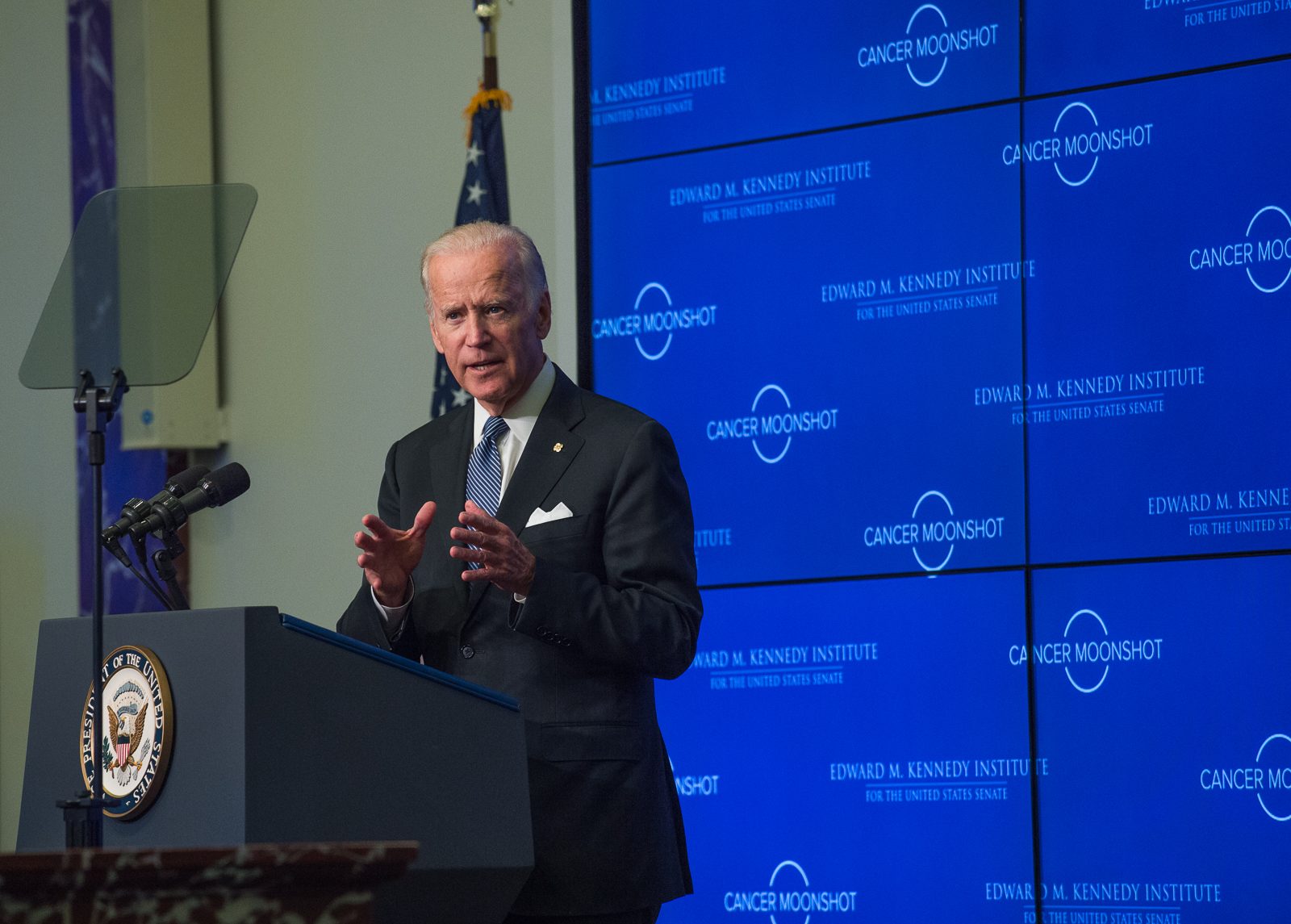
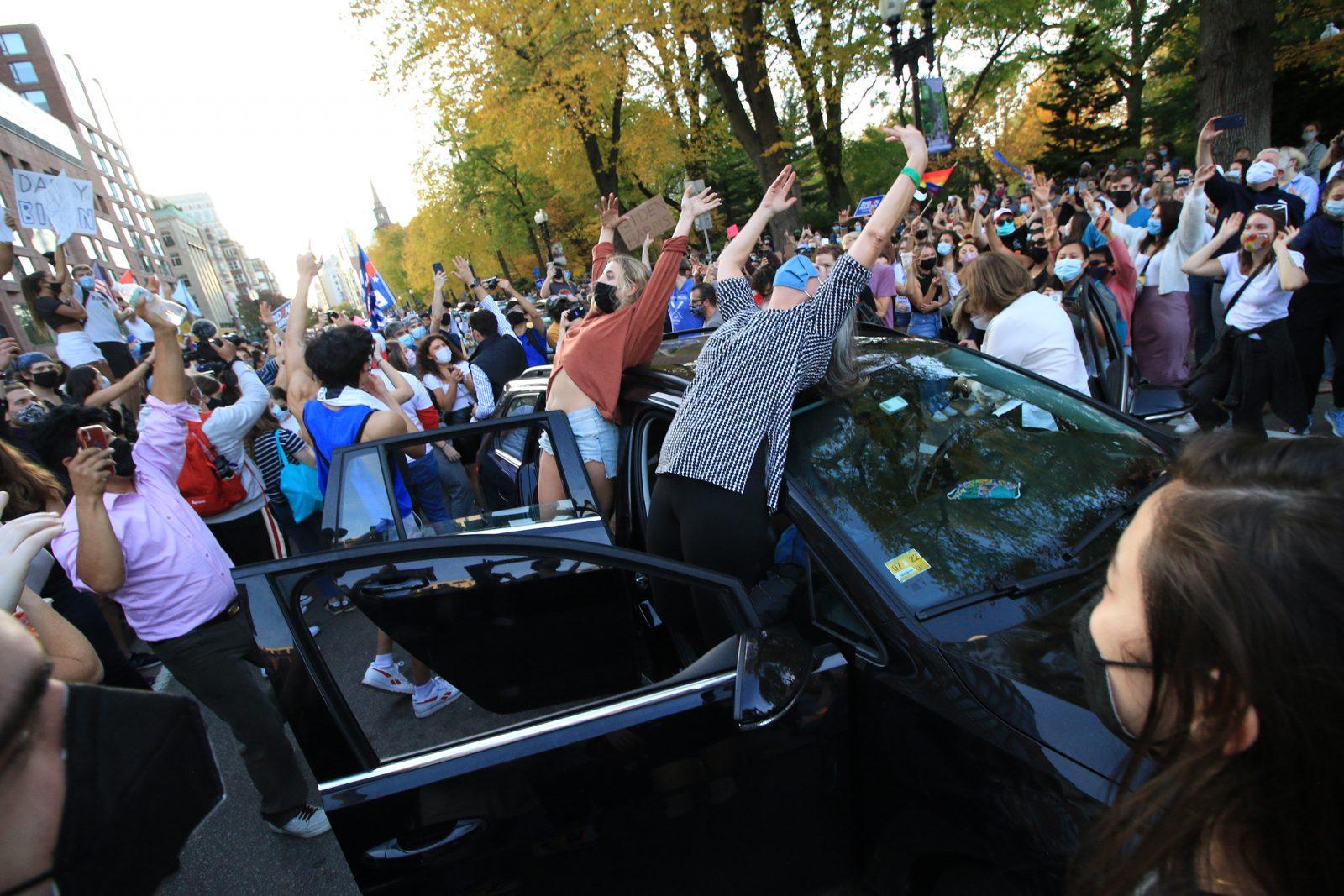
Mara Mellstrom • Sep 27, 2012 at 11:53 am
“Republicans are better at spin control and fooling people into believing Republicans have our interests at heart” -Cathie Jo Martin on 9/27/12 in her PO343 class.